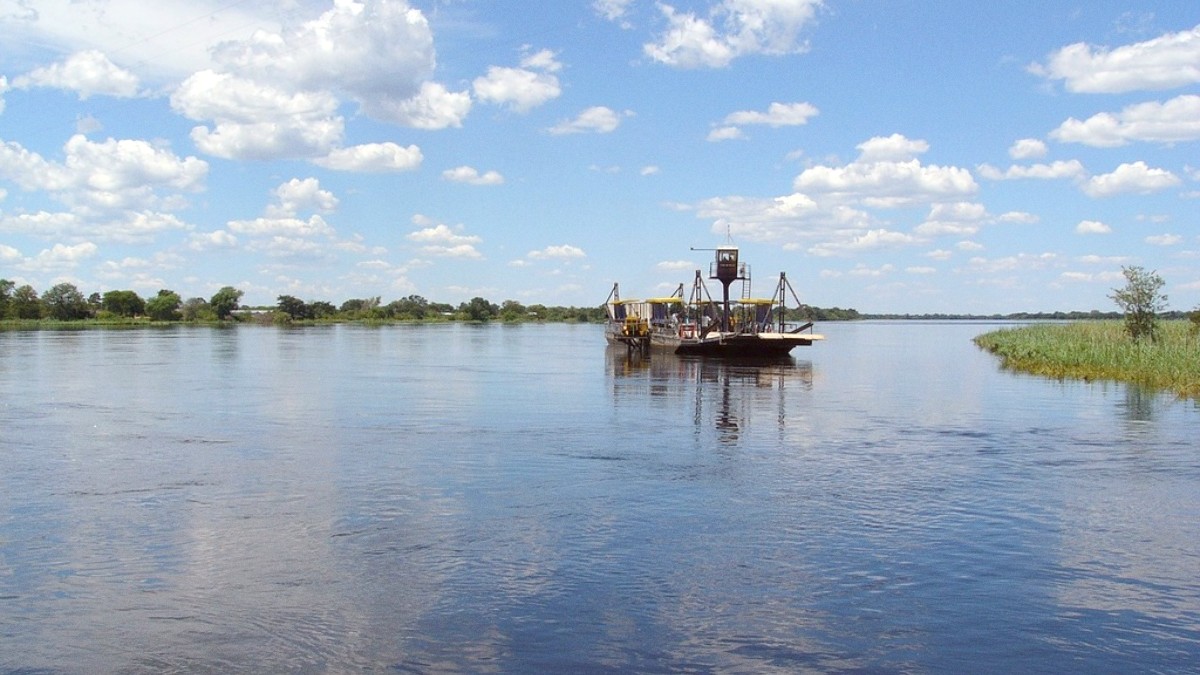
Botswana
This entire inland delta represents an iconic natural phenomenon. Fed by the Okavango River, it forms a vast, dynamic wetland ecosystem where the river's waters fan out and disappear into the Kalahari sands.
This unique hydrological event creates a mosaic of permanent swamps, seasonal floodplains, and dry land areas.
Access is typically by light aircraft directly to private airstrips within the concession.
The largest island in the Okavango Delta, formed by a tectonic fault line.
A useful wildlife area, especially in the dry season when animals congregate due to water and food.
Mainly accessed by guests of lodges located on or near the island; not for general day visitors.
Renowned for excellent predator sightings, including lions and leopards, plus large herds of buffalo and elephants.
Some of the Delta's most exclusive and famous lodges reside here.
The Okavango Delta is mainly a natural wilderness; major museums and cultural institutions are not located within its remote boundaries. However, Maun, the gateway town, provides some insight into the region's heritage.
Situated in Maun town, offering an overview of Ngamiland's natural history and culture.
Check local opening hours; typically open on weekdays.
A small entry fee is applicable for visitors.
No other specialized museums or art galleries are located within the remote Okavango Delta.
Evidence of early human habitation exists, but these sites are not generally accessible as tourist attractions in the Delta's core.
The Delta holds spiritual significance, but no formal religious sites or monuments are present for tourists.
Not applicable to the wilderness. Maun, as a frontier town, contains older buildings reflecting its history as a trading post.
No specific memorial sites or monuments exist within the Okavango Delta wilderness itself.
The Okavango Delta's focus is on its dynamic, living ecosystem rather than static historical sites.
The entire Okavango Delta functions as a vast natural attraction, a living ecosystem defined by its water, land, and the wildlife it supports.
The Okavango Delta is a prime wildlife viewing area. Animal concentrations vary by season and water levels, but the Delta consistently ranks as one of Africa's top safari destinations.
The interaction of water and land creates varied landscapes and attracts a wide range of wildlife.
All of the "Big Five" (Lion, Leopard, Elephant, Buffalo, Rhino) are present. Elephant and buffalo herds are especially large and common.
Large herds of elephants and buffalo are a daily sight. Various antelope species thrive here.
Over 400 bird species call the Delta home, making it a birdwatcher's paradise.
The Delta forms a complex network of channels, lagoons, and temporary islands.
Allow your guide to take you to less-known spots. Their local knowledge often reveals hidden gems, whether a specific bird nest, a quiet corner where animals gather, or an especially scenic sundowner spot away from other vehicles.
Guides possess intimate knowledge of the terrain and wildlife movements.
Uncover locations that host specific bird species or animal congregations.
Discover unspoiled scenic spots ideal for photography, away from other visitors.
For various attraction tickets and guided tours, explore online booking platforms.
GetYourGuide.comSecure your spot for popular activities and experiences well in advance, especially during peak season.
Plan your adventures with GetYourGuideMany wildlife experiences and cultural tours are available through reputable guides.
Discover guided toursFind adrenaline-pumping activities or serene nature walks for varied interests.
Find your adventureBook safaris that align with your preferred wildlife viewing and experience.
Book a wildlife safariThe Okavango Delta is mainly a geological feature itself. It forms a vast alluvial fan where the Okavango River flows into a tectonic trough.
The Delta is a complex network of channels, lagoons, and temporary islands.
While exploration is encouraged, always prioritize safety and adhere to guide instructions.
Wildlife is unpredictable, and precautions ensure a memorable and safe experience.
Adhere to guidelines for respectful wildlife interactions to minimize disturbance to animals.
Community-based tourism initiatives directly benefit local populations, fostering conservation through economic incentives.
Minimize your environmental footprint by adhering to waste reduction policies.
Preserving the pristine wilderness relies on responsible waste practices.
Water is a precious resource in the Delta. Conserve it by taking shorter showers and being mindful of usage.
Many lodges utilize solar power; respect energy limits.
Engage respectfully with local communities and their customs.
Your respectful interaction leaves a positive impression.
A portion of your safari costs, including park fees, directly funds conservation efforts and anti-poaching units.
Many lodges operate their own conservation programs, supporting local wildlife research and community development.
Share your positive experiences and knowledge of the Delta's conservation needs with others.